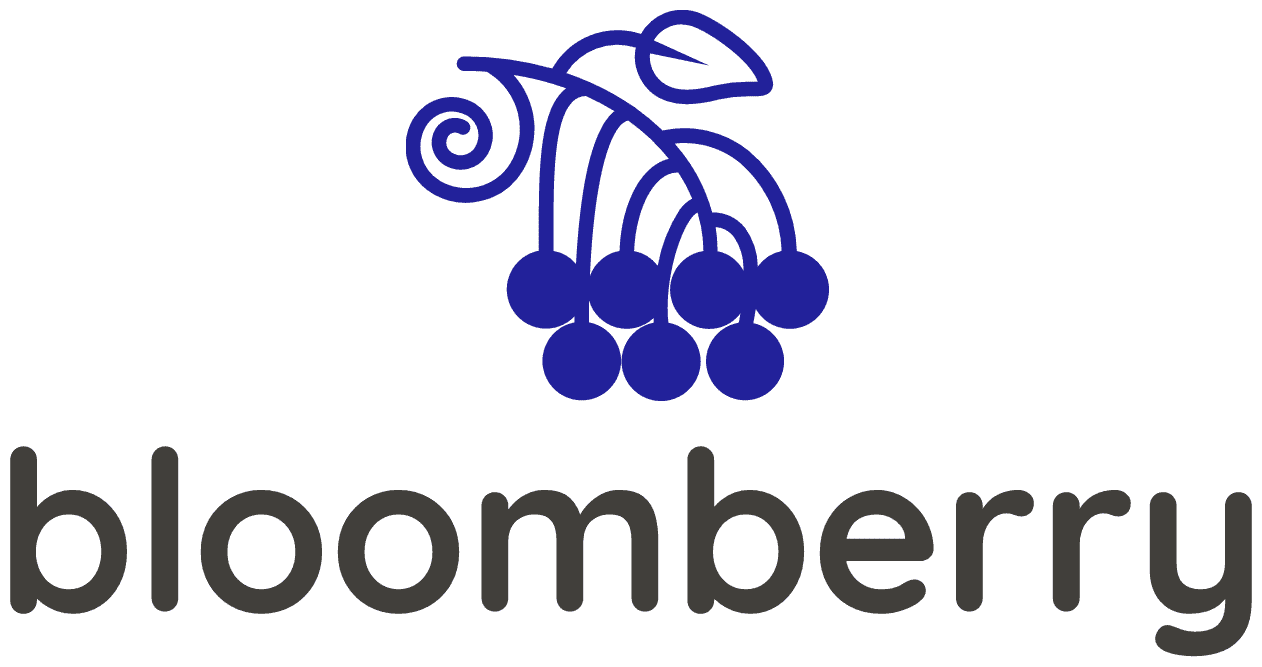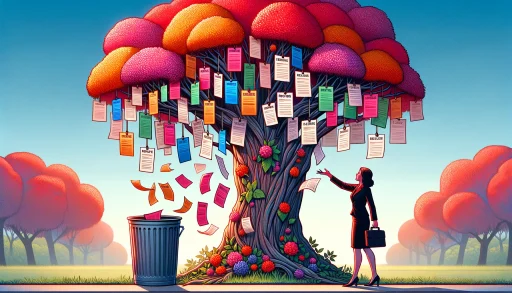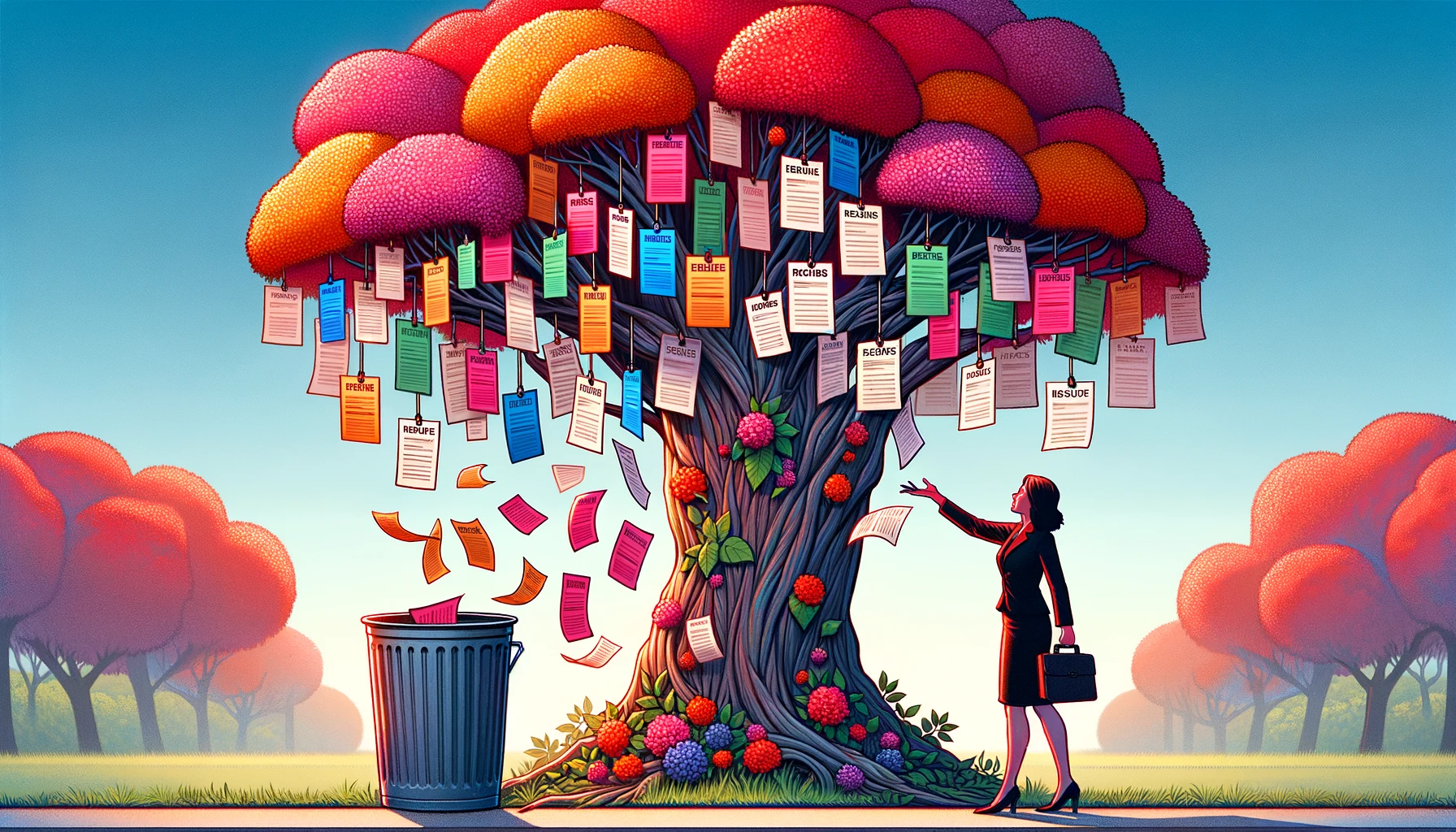How bad is the job market for tech workers? This past week, I posted my first job posting on Linkedin in months. Within 24 hours, I received over 560+ applicants.
Now, I have to tell you: I’m probably the world’s crankiest recruiter. The idea of reading 560+ resumes makes me impatient, cynical, and even a bit sadistic. After a few hours of shifting through these resumes, I predictably got rid of 95% of them. Here are 5 reasons why I probably threw your resume in the trash:
- You never sent me a cover letter (or you wrote a boring one)
Call me old-fashioned, but I love reading interesting cover letters. Yes, I understand they’re time consuming to write, but that’s your problem – not mine. If you’re spraying and praying resumes to a bunch of jobs to be efficient, that’s fair. But if there’s a handful of dream jobs that you really want, you need to write a cover letter.
When you write one, remember to personalize it to the job you’re applying for. No boilerplate. Nothing generic. No dry paragraphs describing just you, but nothing about how it relates to the job.
How do you write a good cover letter? Here’s a simple method I like to use:
- Pick 1 thing from the job description that distinctly describes you. Highlight this in the first paragraph of your cover letter.
- Pick 2 other things that stand out to you in the job description, and map them to a recent experience you had.
As an example, let’s say company X is hiring for a data scientist and the job description requires “extensive experience with working with large data sets” and “experience with Elasticsearch”, a good cover letter could be:
“I came across the Data Scientist position over at Company X. The job mentioned working with large datasets, which I’ve had plenty of experience with. In my last job at Company Y, I worked on a project where I was responsible for analyzing a billion headlines to discover which headline types got the most social engagement on Facebook. We published the study at our blog, and it led to 100,000 visitors and 100 new customers.
At the job prior to that, I used Elasticsearch in a data project to predict suspicious credit card transactions for Company Z. So I’ve had plenty of experience with analyzing big data, which would make me an ideal candidate as a data scientist in your company.
A well crafted cover letter is a positive signal that you 1) want to work here because you took some time to write me a customized letter 2) have experience that’s relevant to the job and 3) can communicate your ideas clearly.
Of course, just sending a cover letter isn’t guaranteed to land you an interview. But a good one makes me want to learn more about you. And to give you a chance over the thousands of resumes.
2. Your mission statement didn’t inspire me
Most mission statements I read are incredibly generic. I’ll give you an example from my resume pile:”Software team leader with 10 years of experience hiring, and managing large teams”.
You’re a leader and you got 10 whole years of experience hiring! Oh wow… that must be impressive, right? Wrong. Pretty much every single engineering manager can talk about hiring and managing large teams. That’s literally what they do! That’s the job description! Telling me all that does nothing to reassure me you’re a standout candidate. It doesn’t differentiate you from other candidates applying to the job.
What you need instead is an UVP (unique value proposition). Ask yourself: what’s unique about you makes you a great fit for the job? What qualities do you have that 99% of applicants can never claim to have?
Here are some examples of unique value propositions:
I’ve managed teams with people from 20+ different countries, and 6 different time zones (if you’re applying for an engineering manager position in a remote-first company)
I’ve worked 10 years as a principal software engineer and 10 years as an engineering manager so I have the the unique ability to relate to the people I manage (if you’re applying for an engineering manager position for a hardcore technical project)
I’ve had experience designing and implementing apps in both the iOS and Android environment (for a mobile engineer position)
Come up with something that tells me how you’re different *and* are a perfect fit, and make sure it appears on the top of your resume.
3. Your experiences make me say “So what?”
You could list 100+ different things you’ve done in your resume. But I don’t care about any of it. I need to know why your achievements matter, and how it actually helped your company.
So provide some specifics behind your experiences. If you led a team, tell me how many people were in your team. If you helped built a feature for a product, tell me how many users it supported, or some growth metrics.
Sometimes it’s hard to put a “number” behind your work. But that doesn’t mean you can’t talk about the outcomes of your work.
For example, instead of saying “I implemented security policies”, you could say “I implemented security policies for Company X to help comply with a new cybersecurity regulation and prevent ex-employees from intruding into our HR systems”.
Instead of saying “I analyzed large datasets to correlate page load time to e-commerce sales”, you could say “I analyzed large datasets to discover there was a 75% correlation between slow page load time and e-commerce sales. This led to an company-wide initiative to improve the performance of our website, and upgrade our database systems”
On the other end, you also shouldn’t sound too grandiose in your achievements, especially if you were an entry-level employee. For instance, if you just have 2 years of experience, and claim you helped your company make an additional $25M in revenue, I’m going to be very skeptical. Because there’s probably no way you accomplished what you did. So be specific, quantify your work, but also be honest.
When I see numbers/outcomes, it tells me 1) you understood the business impact of your work, 2) you can see the big picture and are focused on the actual problems that need to be solved 3) you care about stakeholders, and not just doing work for the sake of doing work.
4. Your resume is way too long
Look, I would love to dive into your resume, and read all about your life story, I really do. But time is money, and I really can’t afford to spend more than a minute on your resume. So unless you’re a CEO or President, your resume should not be more than 2 pages.
Remember that your resume and cover letter has just 1 job: to persuade me that you’re a good fit for the job. That’s it. That’s all it needs to do. The initial few readers of your resume will be screeners – people who will take a huge list of resumes, and trim it into a shorter list. They will match your resume against a job description, and will give you less than a minute (at most).
So you need to be concise, and include only things that matter. Anything that doesn’t contribute to matching the job to you is a waste of space. That internship you did 15 years ago? Probably irrelevant. That small internal project you spent a month to do? Take it out. That side project that you didn’t finish? Omit it. Re-read your resume, and ask yourself: Does this clearly show I’m a good fit to this specific job? If the answer is no, just remove it.
In addition to not being lengthy, make sure your resume isn’t full of walls of text. It’s so easy for people to tune them out. Use bullet points instead, and list out the main, important details of what you did in each job. Long paragraphs are simply a turn off, and when a recruiter/hiring manager is on his 100th resume for the day, they’re very likely to just throw your resume when they see them.
5. You have too many short stints in your resume (less than 2 years)
This is perhaps controversial, but if all your jobs are short stints, I’m taking a hard pass on you. 1 or 2 consecutive short stints are OK, but ideally I like to see a progression towards longer stints.
Now, I know sometimes jobs don’t work out. There’s plenty of valid reasons for leaving a company, such as a toxic culture, or health reasons. But if you’ve never ever held a single job for more than 2 years, it really makes me question whether you’re looking to jump to a better opportunity as soon as things get hard. It makes me question your resiliency, your grittiness and your mental toughness. Look, I just don’t want someone to throw up their hands and give up at the first sign of an obstacle, and I’m just not going to take a risk on you, when there’s 100s of other candidates without this issue.
I know there are certain things you can’t control, so if there’s a good valid reason for a short stay in some company, make sure you include it as a bullet point. For instance, if the startup you joined had to close shop after a year, you could add a bullet point that says “This startup had to shutdown because of a lack of funding”.
Lastly, include dates in all your jobs! Every time I see a resume missing dates, I often question whether you’re hiding something, such as a short tenure, or a huge gap in employment.
Conclusion
It’s easy to get jaded by the whole job search process. As someone who got rejected for every single job I applied to since 2011, it can sometimes feel exhausting. But it’s helpful to think about what’s happening on the other side too. Remember, the person reading your resume knows nothing about you, and only has a few seconds to make a decision whether you’re a match for the job. So make their lives easier. Tell them exactly what makes you unique and a perfect fit for this job. And make sure everything in your resume reassures them of that.
Subscribe to get more data-driven research on hiring, labor and AI trends
Future articles will include: outsourcing trends, our best attempt to use data to find out which careers are least likely to be replaced by AI, and more! No fluff, no armchair predictions, just refreshing research backed by DATA






